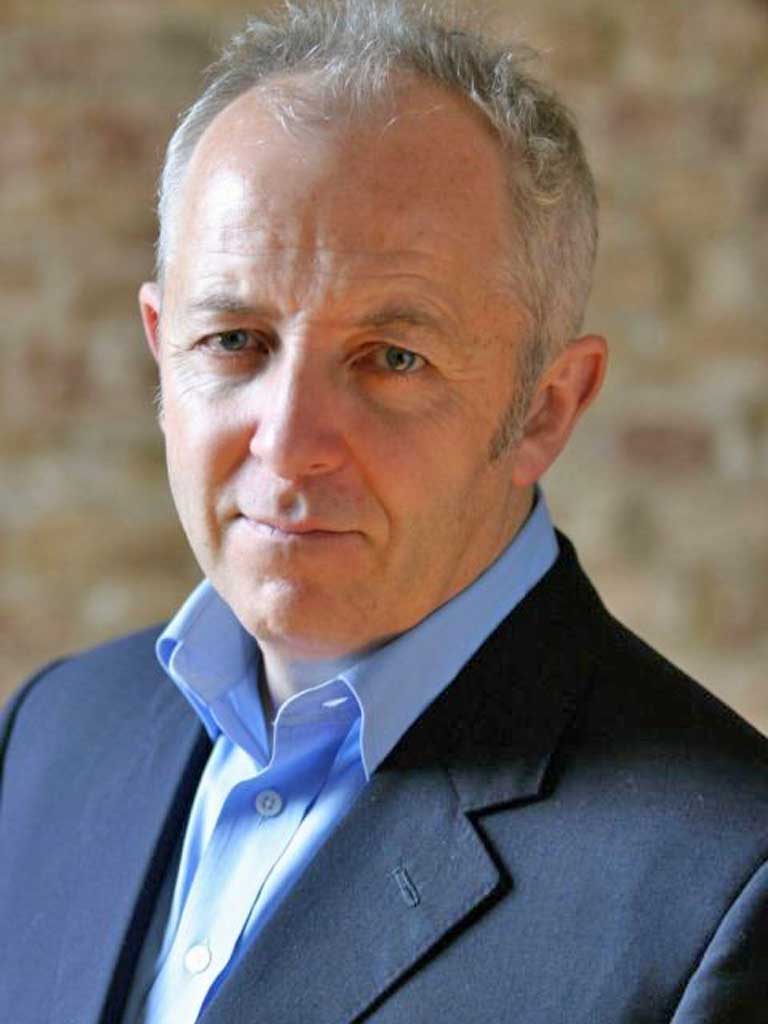BBC to review role of Middle East Editor Jeremy Bowen after official report criticises Arab Spring coverage

Your support helps us to tell the story
From reproductive rights to climate change to Big Tech, The Independent is on the ground when the story is developing. Whether it's investigating the financials of Elon Musk's pro-Trump PAC or producing our latest documentary, 'The A Word', which shines a light on the American women fighting for reproductive rights, we know how important it is to parse out the facts from the messaging.
At such a critical moment in US history, we need reporters on the ground. Your donation allows us to keep sending journalists to speak to both sides of the story.
The Independent is trusted by Americans across the entire political spectrum. And unlike many other quality news outlets, we choose not to lock Americans out of our reporting and analysis with paywalls. We believe quality journalism should be available to everyone, paid for by those who can afford it.
Your support makes all the difference.The BBC is to review the role of its Middle East Editor Jeremy Bowen after an official report into the broadcaster’s coverage of the Arab Spring suggested he was spending too much time in the region and not enough helping with major strategic decisions on how the BBC covers the sensitive story.
A report for the BBC Trust by Edward Mortimer noted the extraordinary travelling schedule of Mr Bowen, who was appointed to his role seven years ago. It stated that in 2010 he was in Israel and the Palestinian territories at least four times, Yemen twice, Egypt twice, Washington twice, Syria once, Lebanon once and Geneva. Mr Mortimer said: “Perhaps BBC executives should encourage him to travel a little less, so that he would have more time to share his insight and provide them with overall strategic guidance.”
The report also highlighted the dangers of the BBC’s broadcasting of user generated content (UGC), mostly filmed on mobile phones, during the Arab Spring. Research carried out for the BBC Trust by Loughborough University found that 74% of the UGC clips had been broadcast by the BBC without caveats regarding their authenticity. Mr Mortimer said the correct use of UGC represented “the great new challenge” to media in covering major stories. “By its nature UGC tends to come overwhelmingly from opposition activists, and thus to reinforce the perception that they are on the side of the angels,” he said.
In his contribution to the report, Bowen expressed regrets about elements of the BBC coverage of the Arab Spring. He said that the BBC had put “too many eggs in the Libya basket” while devoting insufficient resources elsewhere. The BBC was “a bit late getting on to Tunisia”, he said. Asked about a paucity of coverage of the Syrian opposition, he said: “I’ve made a few suggestions but they’ve been swamped by other things.”
He told Mr Mortimer that the extreme time pressures he was under may have impacted on the balance of the BBC’s coverage of the uprising in Syria. “My schedule was always very full. The BBC has only one Middle East Editor and I can’t be everywhere all the time,” he said.
In his report, Mr Mortimer observed: “There is clearly a tension here, or a gap not easily bridged, between the role of an inspired leader on the ground who has a huge patch to cover and does it superlatively well, and the role of people running the news machine back at base who continually have to make choices in terms of people, resources and audience engagement, and who perhaps cannot always get the advice they need, at the moment when they need it, from an expert out in the field.”
Responding to the report, the BBC said it would be looking again at Mr Bowen’s role in order to make the most of his expertise. “We will review the balance of the editor’s work and the emphasis we place on his strategic guidance in the light of the author’s comments.” It also said acknowledged the “dangers” of assigning “key broadcasters, such as the Middle East editor” to working on current affairs documentary programmes at a time when major global stories were unfolding and they were needed on a daily basis by the news department. It said that the creation of the Middle East editor’s job in 2005 had “significantly improved the BBC’s coverage of the ‘Arab world’.”
In his report, Mortimer concluded that, in its reporting of the Arab Spring, “the BBC covered a challenging, complex and geographically disparate set of stories in an engaging way.”
Subscribe to Independent Premium to bookmark this article
Want to bookmark your favourite articles and stories to read or reference later? Start your Independent Premium subscription today.
Join our commenting forum
Join thought-provoking conversations, follow other Independent readers and see their replies
Comments